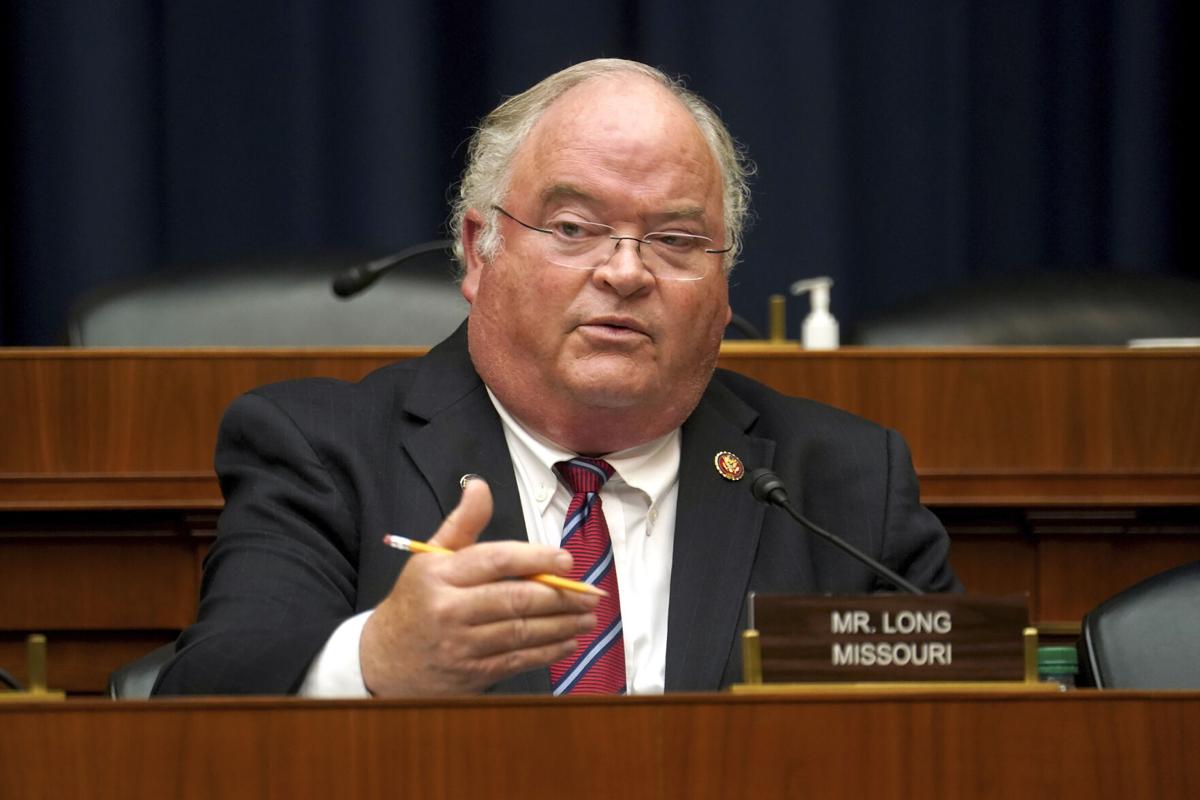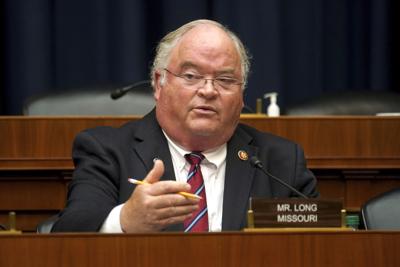President Donald TrumpŌĆÖs nomination of former Missouri congressman Billy Long to lead the IRS was already problematic because of LongŌĆÖs involvement in a scammy shadow industry that passes off unqualified people as tax experts to sell what has been called ŌĆ£boondoggleŌĆØ tax credits.
For any senators who find that issue too esoteric to justify denying LongŌĆÖs confirmation, hereŌĆÖs a simpler one: After LongŌĆÖs nomination in December, he accepted more than $130,000 in new donations to his old campaign fund ŌĆö largely from entities with tax problems or people in the tax consultation industry ŌĆö which was just enough to allow Long to pay himself back for a six-figure personal loan he had extended to the campaign.
In other words, those with business before the IRS effectively put money right in the pocket of the person in line to lead the agency.
Pay, meet play.
People are also reading…
Long, who represented MissouriŌĆÖs Seventh Congressional District in the southwest corner of the state between 2011 and 2023, ran for the U.S. Senate in 2022. He lost in the Republican primary to current Sen. Eric Schmitt.
During that race, Long lent his own campaign $130,000. Such self-loaning isnŌĆÖt uncommon for candidates with means, but it comes with an inherent risk: The only way to legally repay oneself for such a loan is to get it from campaign donations. Should the candidate lose, the campaign fund can stay open and continue seeking contributions in order to pay down debt, but who donates to a candidate who is no longer in the running?
In LongŌĆÖs case, lots of people eventually did ŌĆö in amounts and timing that appear to fit the dictionary definition of pay-to-play politics.
As first reported last week in , LongŌĆÖs old campaign fund received only about $36,000 in donations in the more than two years since he lost the 2022 Senate primary.
That is, until January, the month after Trump tapped Long as IRS commissioner. In a three-week period that month, newly generous donors loaded up LongŌĆÖs defunct campaign with roughly $137,000.
It allowed Long to repay himself for the $130,000 in loaned campaign funding ŌĆö money he would otherwise just have lost.
Those donors include financial consulting companies that critics allege peddle fraudulent tax credits. Among them is at least one company for which Long used to work as a ŌĆ£certified tax and business adviser,ŌĆØ or CTBA.
If that title doesnŌĆÖt sound familiar, itŌĆÖs because it was simply made up by a controversial Florida company that bestows it upon anyone who pays for a brief course and then can pass themselves off as tax experts to customers seeking pandemic-related tax credits and other unusual benefits.
That was LongŌĆÖs profession after leaving Congress, as revealed in a deeply reported piece in December. Long ŌĆö a former auctioneer with no actual accounting degree ŌĆö has advertised his ŌĆ£CTBAŌĆØ qualifications to save taxpayers money by arranging the kinds of tax credits that reports had become ŌĆ£a magnet for fraudŌĆØ following the pandemic.
In fact, Senate Democrats are currently pressing the IRS to open a into the marketing of suspect tax credits of the kind Long himself used to hawk.
That issue alone should be sufficient to scuttle LongŌĆÖs confirmation to head the IRS. Even a former fox shouldnŌĆÖt be guarding the chicken coop.
Add to that LongŌĆÖs personal six-figure benefit from the timely donations of his former employers and others with tax issues, and his nomination should be a non-starter with even this compliant Congress.













